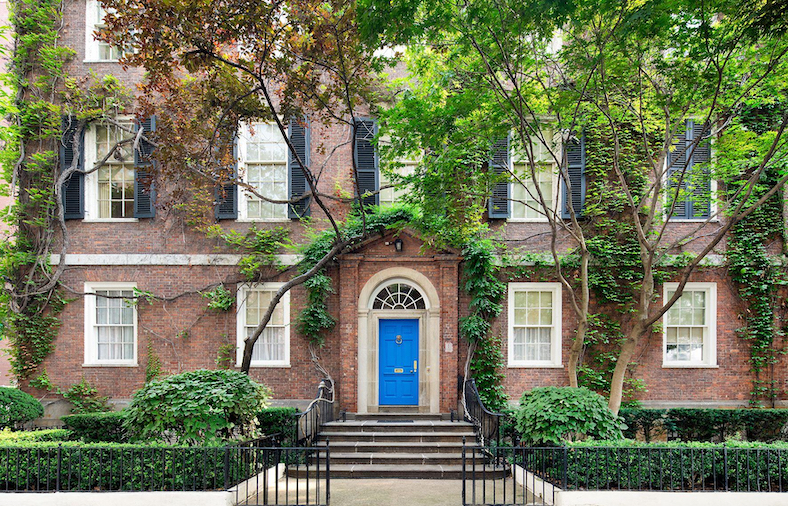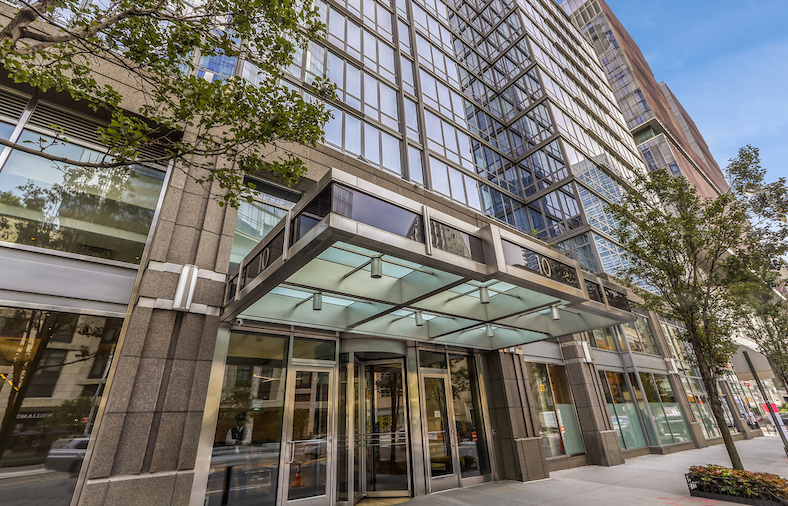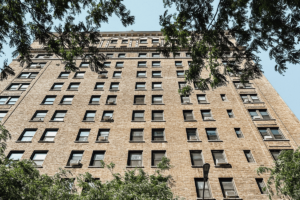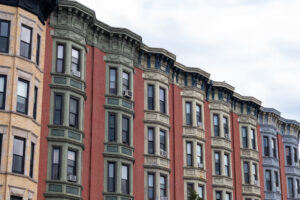Taxes and Finance
New York City taxpayers pay both local and state taxes. Homeowners have property taxes to consider as well, and if you commute to NYC, there may be additional taxes to keep in mind. Here we help you sort out your burning questions regarding NYC taxes and finance, whether you own or rent.
Disclaimer: The content on this site is not intended to provide legal, financial, or real estate advice. It is for information purposes only, and any links provided are for the users' convenience. Please seek professional legal, accounting, or real estate services before any real estate or financial transaction.









